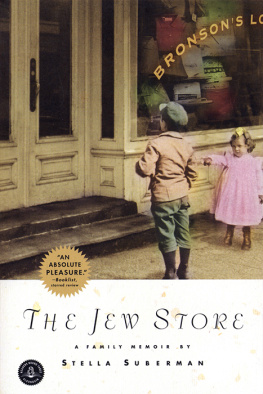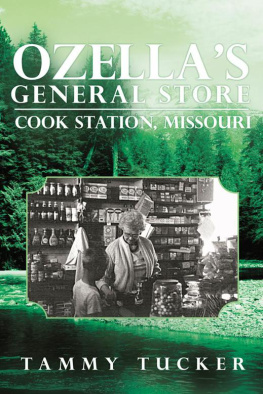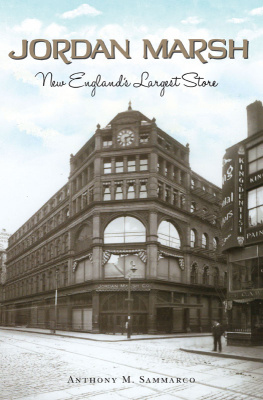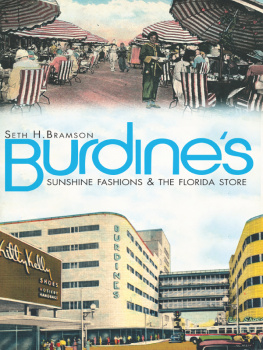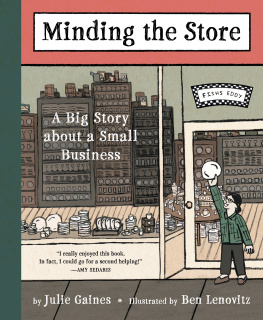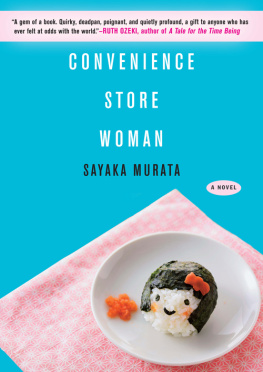About the Author
STELLA SUBERMAN was born in a small Bible Belt town in Tennessee to which her family had come in 1920 to open a dry goods store, the Jew store of the books title. Her teen years were spent in Florida, where she attended Florida State College for women (now Florida State University) and the University of Miami, studying English literature and art history.
From 1946 to 1966, she lived with her husband and son in Chapel Hill and Raleigh, North Carolina, serving as publications chief for the North Carolina Museum of Art and as book reviewer for Raleighs News & Observer.
In 1966, she returned to Florida as the administrative director of the Lowe Art Gallery of the University of Miami and as a staff book reviewer for the Miami Herald.
The Jew Store was selected by the National Womens Book Association as one of five recommended books for 2000 and was a selection of the Jewish Book Club. Suberman has been featured on NPRs Talk of the Nation and C-SPANs Book TV.
We hope you enjoyed The Jew Store. Other books of Jewish interest published by Algonquin include the following:
A Blessing on the Moon by Joseph Skibell
(ISBN 1-56512-179-1)
A haunting novel, intensely imagined... and a significant contribution to the ongoing literature of the Holocaust. Kirkus Reviews, starred An unlikely page-turner.
The New York Times Book Review
Complimentary readers guide available.
The Essential Klezmer, by Seth Rogovoy
(ISBN 1-56512-244-5)
Incredibly detailed and comprehensive... this book is a lot more than essential! ARLO GUTHRIE
All-encompassing, critically astute, and unfailingly enthusiastic. Newsday
The Medic, by Leo Litwak (ISBN 1-56512-305-0)
A book for the generations. In lean, quick, and ultimately eloquent prose Leo Litwak tells the truth about WWII. He speaks with a young mans toughness about events as they were.
EARL SHORRIS , author of New American Blues and Latinos
Wherever books are sold.
An Interview with Stella Suberman
The title The Jew Store must have raised a few eyebrows. Why did you choose a potentially controversial title for your book?
Some people are put off by the title, but thats because they arent seeing it in the context of the time. Thats what people really called the storeit was the convention. They didnt know about political correctness in those days; that was just what it was called. The Jew store was where farmhands, sharecroppers, and factory hands could buy inexpensive clothes, piece goods, and linens. Most small towns had a dry-goods store run by a Jewish familyin some cases the only Jews in the town. It was a calling for Jews who moved to the South. Some started out small and their businesses got bigger and bigger over the generations, like Richs department stores, and some Jew stores stayed small.
How was your familys experience different from that of other Jewish immigrants of the era?
Most immigrants who came from Eastern Europe did not go south; New York was the mother city and if they went anywhere else it might be Boston or some other northern city. But some went south, simply because New York was too big for them. Jews went wherever a living was to be made, and the South was virgin territory. My father didnt want to be one of the crowd; he really wanted to strike out on his own. Once Jews came south, they loved itthe comfort, the ease of living. Many of them had come from very tiny villages in the old country and the rural South, in many ways, was more like home. Prejudice might have been a challenge, but they had already been dealing with that for centuries.
Did your small-town childhood in the South make it hard to adjust once your family returned to New York?
We were considered very strange, indeed, and somewhat glamorous because we had lived among the gentiles. Because we had been the only Jews in our little town, we had learned that the world was made up of all kinds of different people, and we had learned to get along with all kinds of people. The vast majority of Jewish immigrants in New York had experience only with other Jews in New York, which of course has the largest Jewish population of any city in the world.
In an authors note at the front of the book, you mention that you changed the names of the people and the town. Why did you do this?
Not every character is benign by a long shot, and there are some who did some really nasty things. When I started writing, I took my first trip back since I was a girl, and the town had not changed one bit, and the families are still there. So I changed the name so they would keep their privacy. I know theres still a town historian at work, and I wouldnt want her figuring out all the names in the book. And I thought that if I was changing the names of the people, I should change the name of the town.
Why did you wait so long to write this book?
I kept waiting for someone else to write this book and it never happened, so one day I thought, Im just going to write it myself. So much has been written about the Jewish experience in this country, to the point where people think theyve heard it all, but this is a special story that was waiting to be told, and one that happened in little towns all over the country. Our town was always in my mind, and we talked about it all the time. My parents passed down stories in great detail, and my mother kept up with everyone. There were letters and Christmas cards. I have a feeling about small towns in the South and the peopletheres a civility and courtesy, a neighborliness, and this great culture of storytelling and conversation.
Reading Group Questions and
Topics for Discussion
l. Aaron took his family to a place where he knew they would be outsiders, if not outcasts. Do you see that decision as a courageous one, or one that was inherently selfish and foolhardy? In what ways can you identify with the Bronsons position as outsiders, either racially, religiously, socially, or economically?
2. Whats your impression of Miss Brookie? Why was she so welcoming to the Bronsons? With her education and worldliness, why did she continue to live in Concordia?
3. Miss Brookie and Aaron Bronson have very different explanations for why the Klan did not march on the Bronsons store. Why do you think the KKK chose not to march?
4. Miss Brookie asks Reba to accompany her to the factory to speak out against child labor, but once there, Reba doesnt say a word and forever changes her friendship with Miss Brookie. Why do you think Reba did not speak out? How do you feel about her decision?
5. With pressure from Sadie, Rebas sister Hannah made the painful decision to not marry Manny and to stay in New York. What were Sadies reasons for discouraging the marriage? Do you think they were valid? To what extent would this kind of thinking prevail today?
6. Joey was sent to New York for a year in order to be bar mitzvahed. Why do you think this was so important to Reba?
7. Concordia was hit hard by the Great Depression. What lingering effects has the Depression had on you, your parents, or your grandparents?
8. What did you make of Aarons ability to turn his Jewishness into an asset during the pledge night for the factory?
9. What do you think would have happened if Miriam had married T? How would Concordia have reacted? How would Reba and Aaron have taken it?
10. Reba and Aaron were in conflict over leaving Concordia. Who did you end up siding with, and why?
11. Did the account of how Aaron left Russia and came to America trigger any stories you may have heard from your own family?

